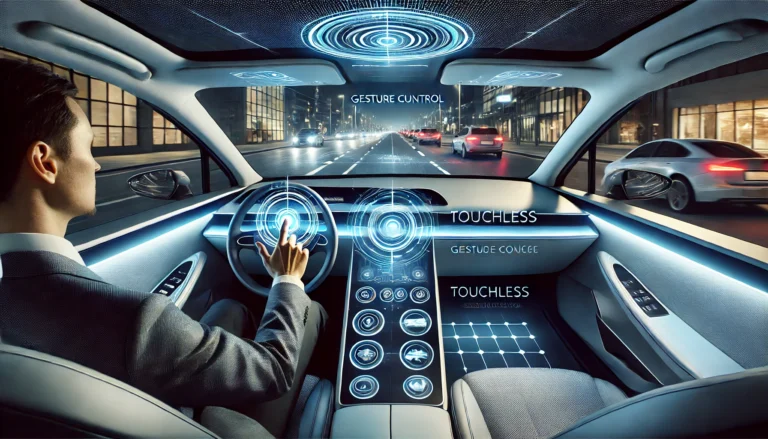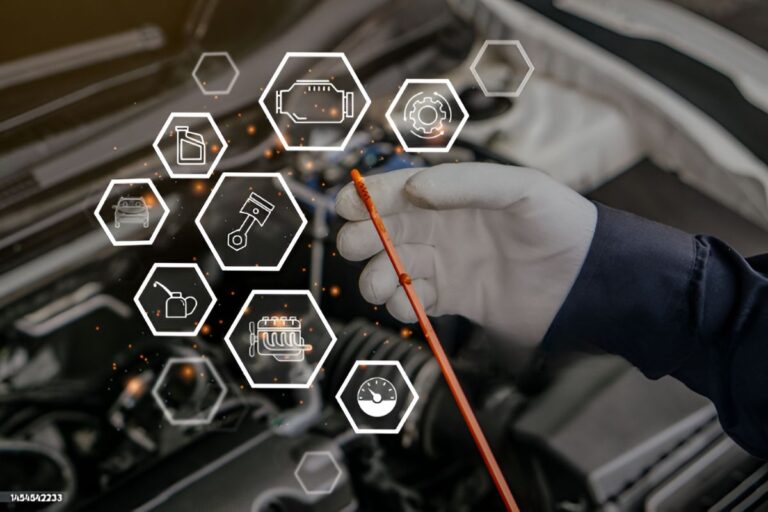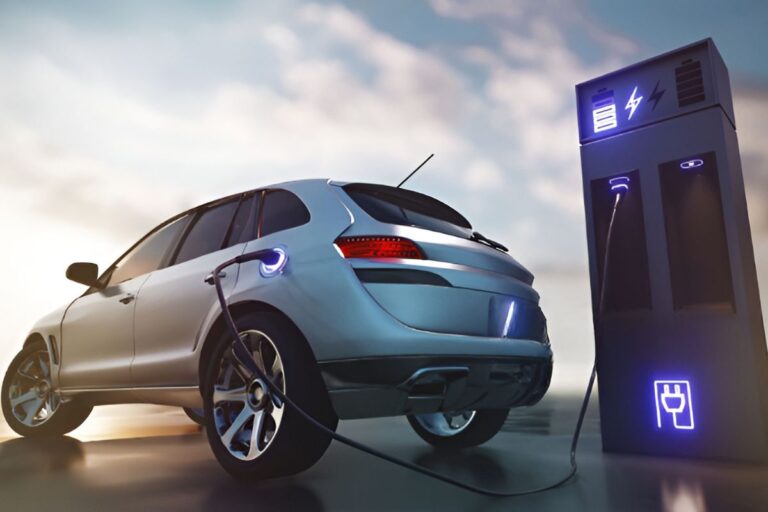The rise of electric vehicles (EVs) marks a significant shift in the automotive industry, driven by the need for sustainable and eco-friendly transportation.
This is where battery management systems (BMS) come into play. BMS is integral to EVs, monitoring and managing the battery’s health, safety, and efficiency. This blog delves into the complexities of BMS, exploring its components, functions, and innovative Autotronics solutions shaping the future of electric mobility.
Understanding Battery Management Systems
A battery management system is an electronic regulator that manages a rechargeable battery (cell or battery pack). Its primary functions include:
- Monitoring: Continuously observing the state of charge (SOC), state of health (SOH), voltage, current, and temperature of the battery cells.
- Protection: Ensuring the battery operates within safe limits by preventing overcharging, deep discharging, and overheating.
- Balancing: Equalising the charge among cells to maximise battery capacity and lifespan.
- Data Communication: Providing real-time data to the vehicle’s control system for optimal performance.
Key Components of BMS
- Battery Control Unit (BCU): The central processing unit that interprets data from various sensors and makes decisions to ensure battery safety and efficiency.
- Voltage and Temperature Sensors: Devices that measure the voltage and temperature of each cell to monitor their status.
- Current Sensor: Measures the current flowing in and out of the battery pack.
- Balancing Circuits: Used to equalise the charge among individual cells to prevent imbalance and ensure uniform charging.
- Communication Interfaces: Facilitate data exchange between the BMS and other vehicle systems.
Challenges in Battery Management
Effective battery management faces several challenges:
- Thermal Management: Controlling the temperature of the battery pack to prevent overheating and thermal runaway.
- Cell Balancing: Ensuring all cells are charged and discharged evenly to avoid premature failure.
- Accurate SOC and SOH Estimation: Providing precise measurements of battery health and charge status for reliable operation.
- Safety and reliability: Ensuring the system can handle faults and prevent potential hazards like short circuits or overcharging.
Autotronics Solutions in BMS
Autotronics, the integration of automotive and electronics, plays a pivotal role in enhancing BMS capabilities. Some key Autotronics solutions include:
- Advanced Algorithms: Implementing sophisticated algorithms for accurate SOC and SOH estimation, improving battery life and performance.
- Thermal Management Systems: Integrating cooling systems and thermal sensors to maintain optimal battery temperature.
- Wireless BMS: reducing the complexity of wiring and improving reliability through wireless communication between battery cells and the BMS.
- AI and Machine Learning: Leveraging AI to predict battery behaviour, optimise charging cycles, and detect anomalies early.
- Integration with Vehicle Control Systems: Ensuring seamless communication and coordination with other vehicle systems for enhanced safety and efficiency.
The Future of BMS in Electric Vehicles
The evolution of BMS technology is vital for the continued growth of the EV market. Future developments will focus on:
- Increased Energy Density: Improving battery chemistries and BMS algorithms to enhance energy storage capacity.
- Faster Charging: Developing BMS solutions that support rapid charging without compromising battery health.
- Enhanced Safety Features: Introducing more robust safety protocols and fault-tolerant designs to mitigate risks.
- Cost Reduction: Reducing the cost of BMS components to make EVs more affordable.
Sushen Mohan Gupta: Innovation in Battery Management Systems
Sushen Mohan Gupta, the visionary CEO of Deva Autotronics, has been instrumental in pioneering advanced battery management solutions for electric vehicles. Under his leadership, Deva Autotronics has become a leading force in the industry, renowned for integrating advanced autotronics technologies into BMS.
His commitment to innovation and sustainability has driven the development of sophisticated algorithms, robust thermal management systems, and AI-powered predictive maintenance tools. His focus on enhancing battery safety, efficiency, and longevity aligns perfectly with the needs of the growing EV market. By addressing critical challenges in battery management, Sushen Mohan Gupta and Deva Autotronics are shaping the future of electric mobility, ensuring safer, more efficient, and reliable EVs for consumers worldwide.
Wrapping Up!
Battery management systems are the unsung heroes of electric vehicles, ensuring the safe, efficient, and reliable operation of battery packs. Autotronics solutions are driving significant advancements in BMS technology, paving the way for more efficient, safer, and cost-effective electric vehicles. As the demand for EVs continues to rise, the importance of innovative BMS cannot be overstated. By addressing the challenges and leveraging modern technologies, BMS will play a crucial role in shaping the future of sustainable transportation.





